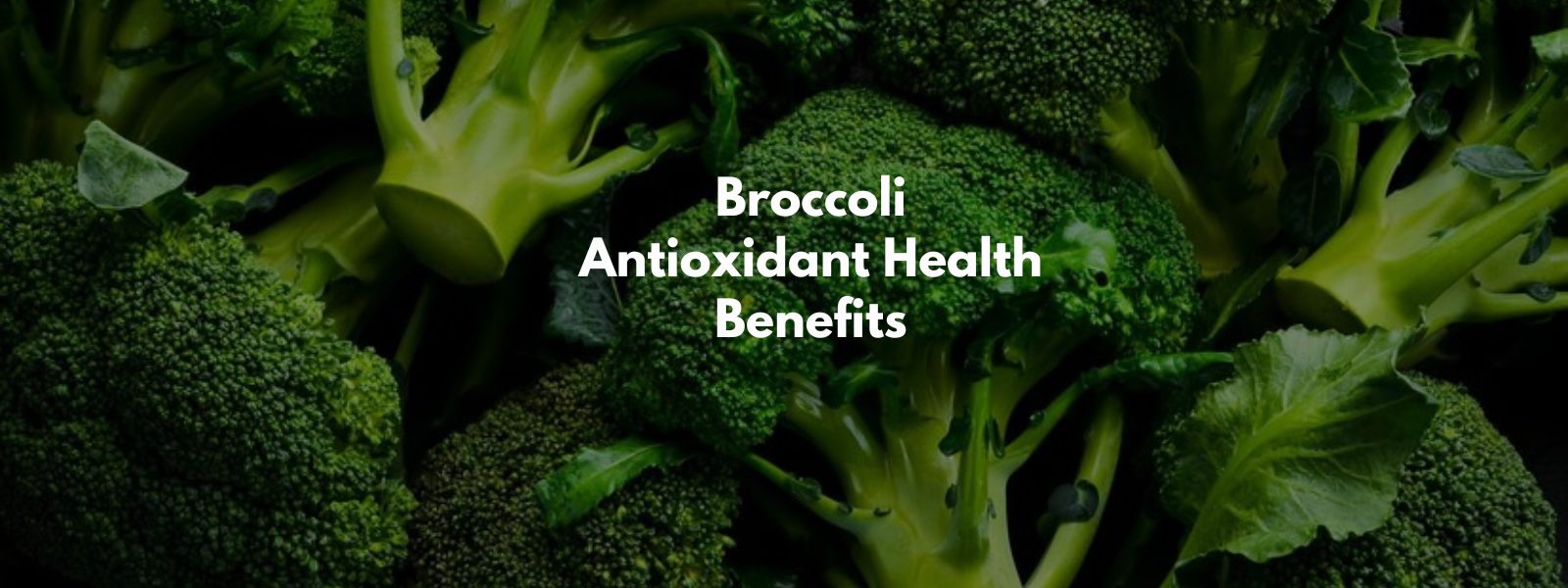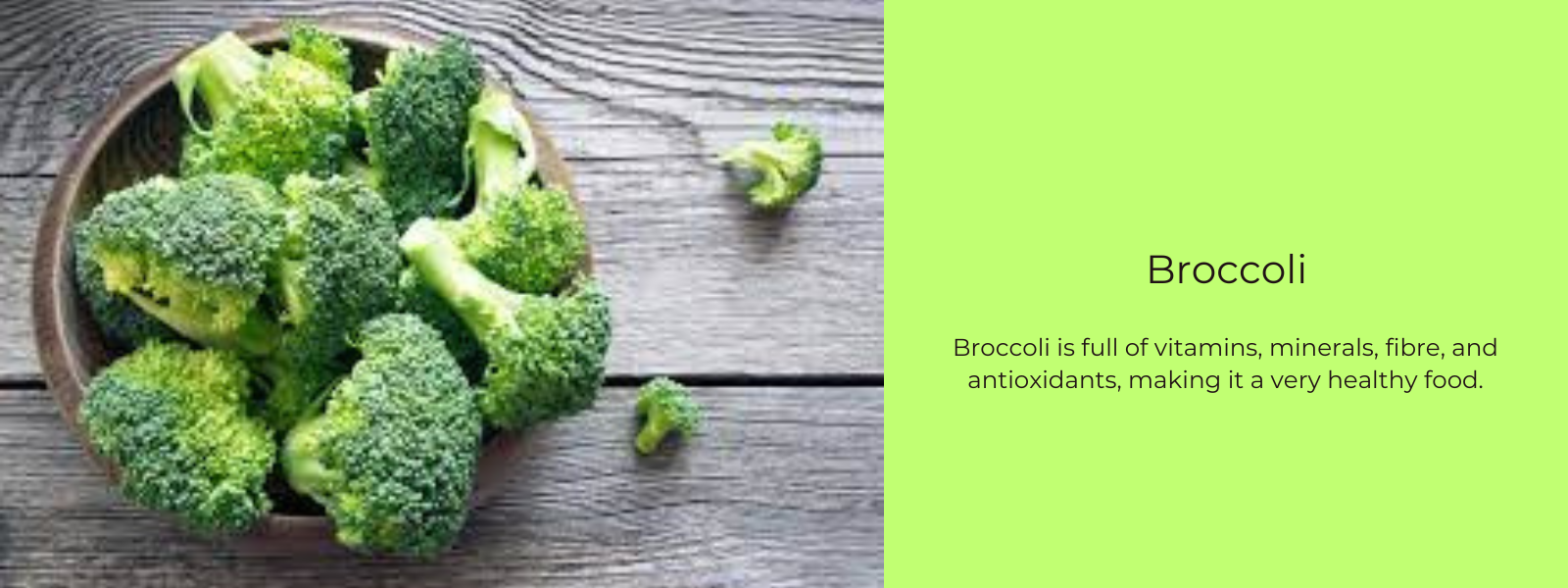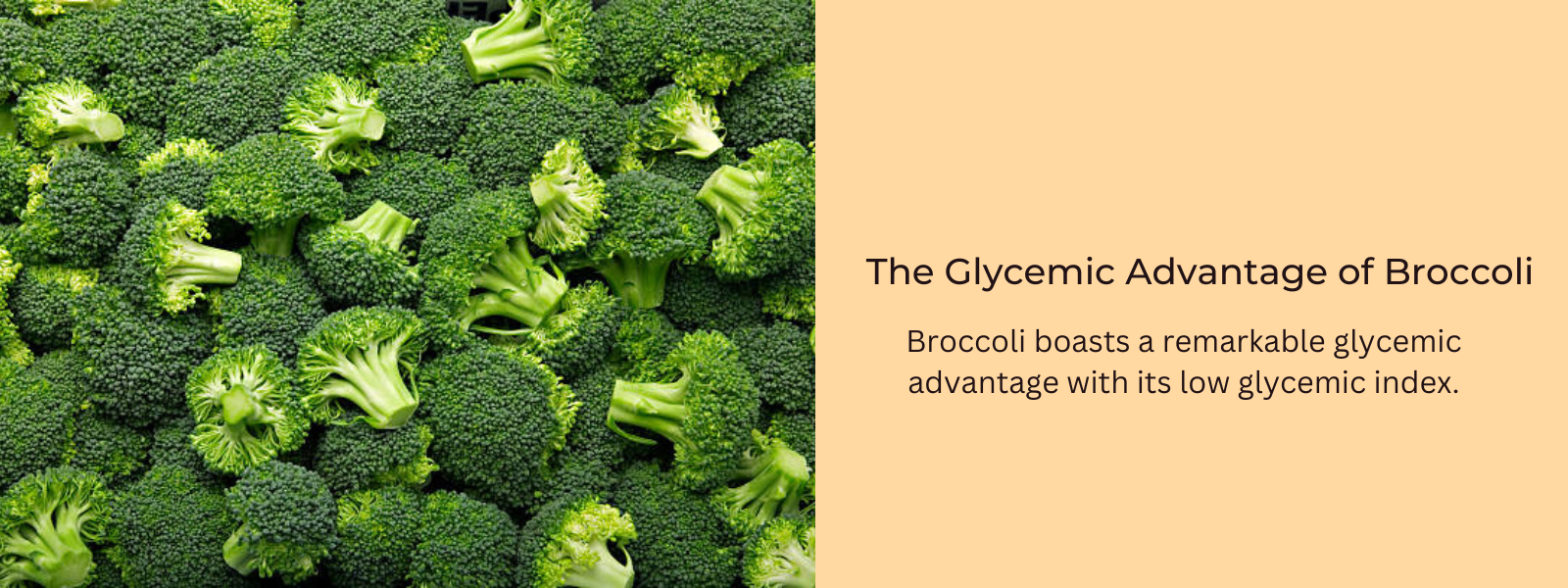Broccoli is a valuable source of vitamin A, primarily provided through its beta-carotene content, which the body converts into this essential nutrient. Vitamin A plays a crucial role in maintaining optimal vision by supporting the health of the retina and preventing conditions like night blindness and age-related macular degeneration. Additionally, vitamin A in broccoli enhances immune function by supporting the integrity of mucous membranes and skin, which serve as barriers against infections. It also promotes healthy skin by aiding in cell regeneration and repair, helping to maintain a youthful appearance. The antioxidant properties of vitamin A in broccoli further protect the body from oxidative damage and inflammation, contributing to overall well-being.
Table of Contents
What Makes Broccoli Rich in Vitamin A?
Broccoli is a valuable source of vitamin A, primarily provided by its content of beta-carotene, a type of carotenoid. This nutrient is responsible for the vegetable's rich green color and is converted by the body into vitamin A, which is essential for various bodily functions. Additionally, broccoli contains lutein and zeaxanthin, other carotenoids that contribute to its vitamin A content and offer additional health benefits.
Health Benefits of Broccoli
- Supports Vision Health: The beta-carotene in broccoli is vital for maintaining good vision. Vitamin A helps protect the eyes from age-related conditions such as macular degeneration and cataracts. Regular consumption of broccoli can help preserve visual acuity and overall eye health.
- Boosts Immune Function: Broccoli is rich in vitamin C, which, alongside vitamin A, enhances the immune system. Vitamin C supports the production of white blood cells and acts as an antioxidant to combat harmful free radicals, improving the body's ability to fight infections.
- Promotes Healthy Skin: The combination of vitamin A and vitamin C in broccoli benefits skin health by supporting collagen production and cell regeneration. This can lead to improved skin elasticity, reduced signs of aging, and protection against environmental damage.
- Supports Digestive Health: Broccoli is high in dietary fiber, which promotes healthy digestion. The fiber content helps regulate bowel movements, prevent constipation, and support a healthy gut microbiome. Additionally, broccoli contains compounds that may support the body's detoxification processes.
- Provides Antioxidant Protection: Broccoli is packed with antioxidants, including vitamin C, beta-carotene, and sulforaphane. These compounds help reduce oxidative stress, which can lower the risk of chronic diseases such as cancer and cardiovascular conditions.
- Enhances Bone Health: The vitamin K in broccoli plays a crucial role in bone health by supporting bone mineralization and density. Additionally, broccoli contains calcium and magnesium, which further contribute to strong and healthy bones.
Ways to Use Broccoli
- Steamed or Boiled: Steaming or boiling broccoli preserves its nutrients while making it tender. It can be enjoyed as a simple side dish or mixed into salads.
- Stir-Fries: Add broccoli florets to stir-fries for a crunchy texture and added nutrition. It pairs well with various vegetables, meats, and sauces.
- Soups and Stews: Incorporate broccoli into soups and stews for extra flavor and nutrients. It blends well with other vegetables and can be pureed for a smooth consistency.
- Salads: Raw broccoli can be chopped and added to salads for a crunchy element. It pairs well with a variety of dressings and other fresh ingredients.
- Smoothies: Blend raw or lightly steamed broccoli into smoothies. It can be combined with fruits and other vegetables for a nutrient-dense drink.
- Baked Dishes: Include broccoli in casseroles, frittatas, and baked dishes. It adds flavor and nutritional value while complementing other ingredients.
Is Broccoli Good for Everyone?
Broccoli is generally beneficial for most people due to its rich nutrient profile and health-promoting properties. However, individuals with certain medical conditions, such as thyroid disorders, should be cautious. Broccoli contains goitrogens, compounds that can interfere with thyroid function if consumed in excessive amounts. Cooking broccoli can help reduce the levels of these compounds. Overall, for most people, incorporating broccoli into a balanced diet offers numerous health benefits and contributes to overall well-being.
Conclusion
Broccoli is a powerhouse vegetable with a range of health benefits, largely due to its rich content of vitamin A, vitamin C, antioxidants, and fiber. It supports vision health, boosts immune function, promotes healthy skin, aids digestion, and contributes to bone health. With its versatility in the kitchen, broccoli can be enjoyed in various forms, from raw salads to cooked dishes. For most people, including broccoli in their diet is a great way to enhance overall health and enjoy a nutritious, delicious vegetable.











Leave a comment